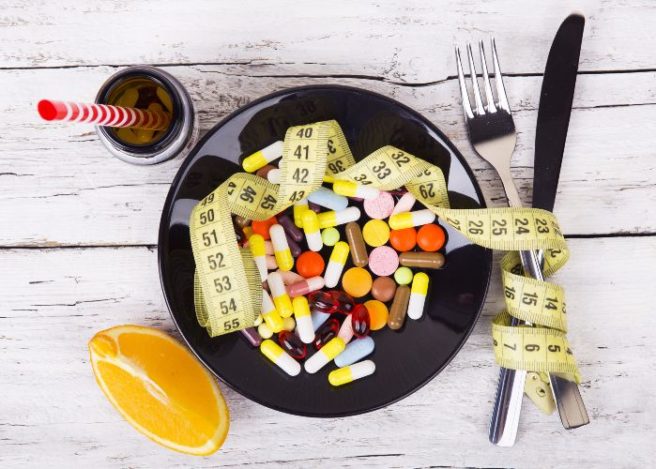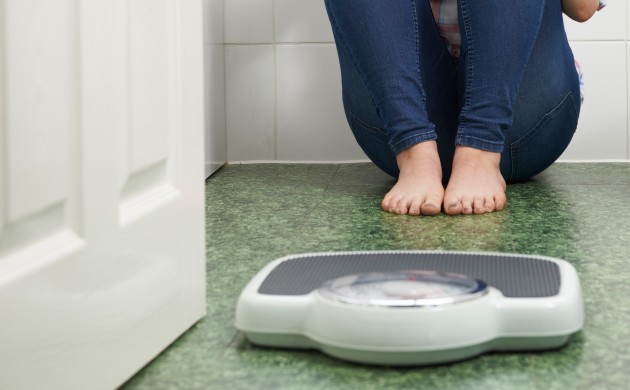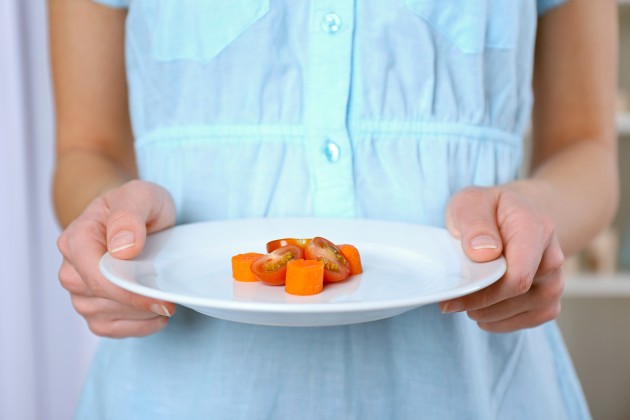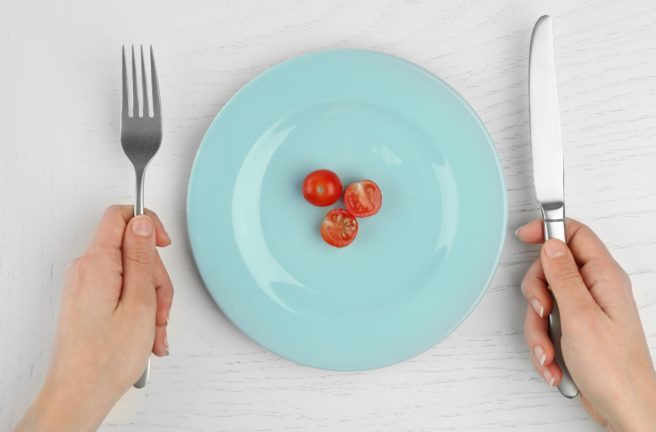
Eating disorder accountability ‘The media indirectly says lose weight’
By Amy Donohoe
The media contributes to dieting and size discrimination. There’s an increased population that spend their time watching television and on social media.
Some of them feel as if they must be like the people they see on the screens.
The Department of Health estimates that around 200,000 people in Ireland are affected by an eating disorder.
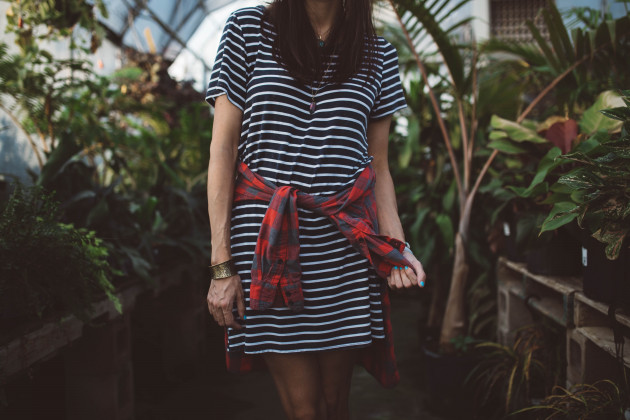
There’s 400 new cases each year, resulting in 80 deaths per annum according to Vision for Change.
The media sometimes indirectly tells us to lose weight. Overweight characters on the television and in films are occasionally represented as sluggish, the one with no friends, or the antihero, while thin women and men are mostly successful and popular.
The About-Face organisation said that, "400-600 advertisements bombard us every day in magazines, on billboards, on tv, and in newspapers.
One in eleven has a direct message about beauty, not even counting the indirect messages.
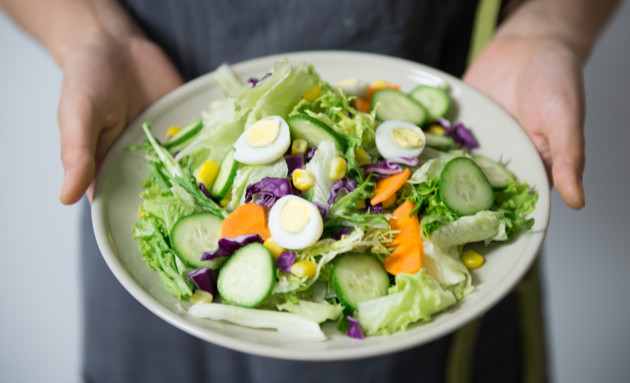
'The average female model weighs up to 25% less than the typical woman and preserves a weight at about 15 to 20 per cent below what is considered healthy for her age and height. Some models mould their bodies into more photogenic versions of themselves with tape and/or plastic surgery and most photos are airbrushed before going to print.' Spunout.ie opinions writer Eboni Burke said.
'The media is capable of both glorifying and helping those with eating disorders. The constant pressure to copy celebrities perpetuates body dysmorphia and it can glorify eating.'
'However, there’s less pressure to be so thin compared to the 00s. Plus sized models like Ashley Graham and The Kardashians are inspiring people to love a full-sized figure.'
Bodyswhy.ie, a HSE organisation said that an eating disorder is defined by:
• Self-starvation – by fasting or restricting food.
• Purging – by self-forced vomiting, over-exercising, or abusing laxatives.
• Bingeing – by overconsuming large quantities of food.
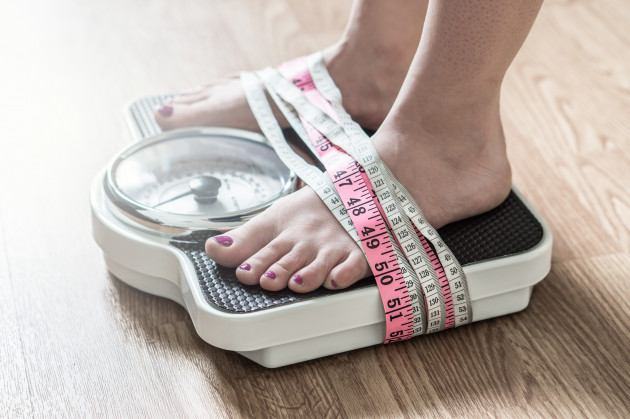
It’s very important that the media take accountability for what is reported and that they recognise the possible impact of messages that are capable to weaken healthy self-image and self-esteem which are the keystones of mental well-being.
71.4% of Irish adolescents feel harmfully affected by media portrayal of body weight and shape, with more than a quarter (25.6%) believing it to be far too thin.
A three-year study of adolescent girls in Fiji found that purging behaviours had increased from 0% to 11% within the first three years of television being introduced to Fiji's Nadroga province.
#Anorexia, #bulimia & binge-eating are clinical terms that have made their way into common usage. They can be casually thrown around as hyperbole and in some ways have come to represent a collective misunderstanding of what #EatingDisorders are. #EDAW2018 pic.twitter.com/gHEStKWGJx
— St. Patrick's (@StPatricks) February 28, 2018
Using extreme weight control behaviours (such as vomiting or using laxatives) are 3 times higher in the highest frequency readers of magazine articles about dieting and weight-loss compared with those who did not read such magazines.
Last summer, Netflix released a new movie surrounding a whole host of eating disorders, particularly anorexia, called To the Bone. It stars Lily Collins as a teenage girl suffering from anorexia who enters a group home to aid her recovery. The trailer was enough to cause concern, with some viewers and mental health experts worrying about the content.
The Director, Marti Noxon took to Twitter to address the matter, explaining that she had spoken with survivors of eating disorders and a charity called Project Heal to ensure that the film wouldn’t become exploitative.
She said that her aim was never to glamorise the disease, but “to serve as a conversation starter about an issue that is too often clouded by secrecy and misconceptions”.
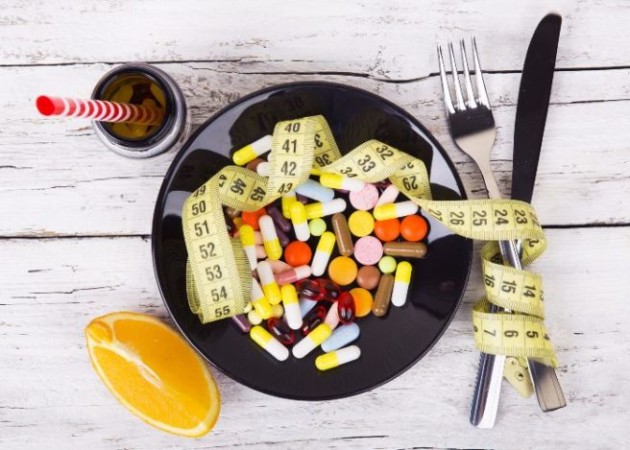
Eboni Burke said: 'After To the Bone, it would seem eating disorders haven’t been tackled in the media due to the scrutiny the film got for inaccuracy. We talk about diversity in films a lot, but you never see a character coping with an eating disorder that isn’t completely dramatized.'
People from every age group seem to have a huge presence on social media. With a wide range of social media platforms used among all age groups including Instagram, Facebook, Snapchat, and Twitter, it can be difficult to escape the pressures and influences of social media.
The Huffington Post have released these useful ways to escape the negative effects of social media and use it as a tool for self-empowerment:
1. Unplug. – Go outside, call a friend, or meditate. Engage in activities that allow you to be free from the digital world. Sign off from your accounts or put them away when you are experiencing a moment of difficulty or stress.
2. Unfollow. – If you are following individuals who are obsessed over posting their food, image, and exercise regimes, unfollow them and be free. Block unfriendly social media users and only use the digital world to celebrate the good things in life.
3. Unwind. – Put away your phone and engage in mindful eating behaviours. Replace time on social media with mindfulness techniques such as yoga, meditation, or cooking healthy meals.
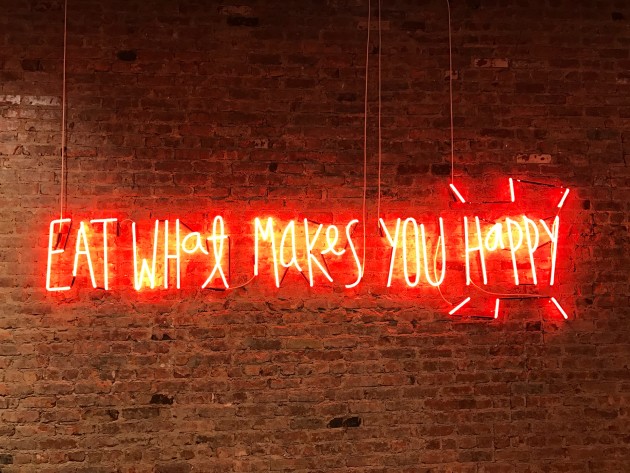
World Eating Disorders Action Day is a movement designed for and by people impacted eating disorders, their families, and the medical and health professionals who support them.
The aim is to expand global awareness.
The Third Annual #WorldEatingDisordersDay will take place on June 2, 2018 globally.
Bodyswhy provide support. Their Helpline number is 1890 200 444 and it runs seven days per week. They also provide an email support service at alex@bodywhys.ie.
You can also find information at their website www.bodywhys.ie.







